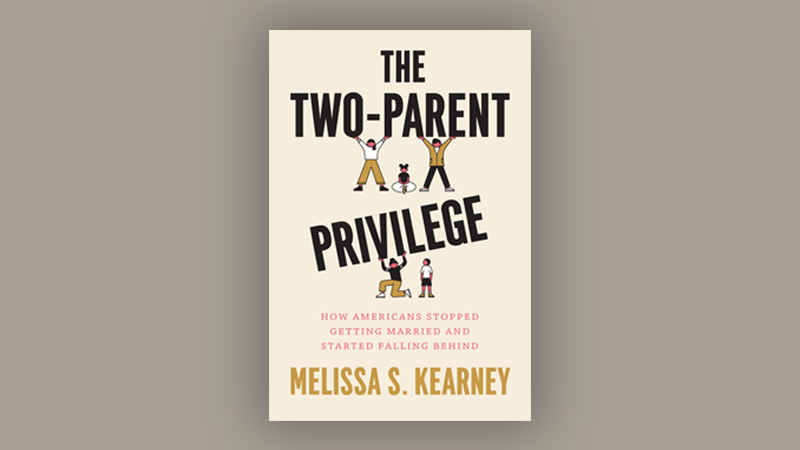Top Economist Shows Financial Magic of Marriage

Declining marriage rates are driving many of the USA’s biggest economic problems.
That’s the striking conclusion of a new book by top US economist Melissa S. Kearney, the fruit of more than a decade’s worth of research on poverty and social inequality.
In The Two-Parent Privilege, Kearney sets out the stark data and explains why marriage is key.
The reason is that when two people combine their income, assets and time, they create economies of scale that can support their family in a whole host of ways, such as securing a mortgage.
Kearney notes that the advantages of marriage continue to the next generation, with children whose parents are married also tending to earn more than their peers. “A lot of that can be traced back to the fact that they have more resources in their home during childhood,” she told The Telegraph.
Kearney stresses that in the US the children of cohabiting couples are still disadvantaged compared to the kids of married parents. She thinks this is mainly because they are much more likely to break up. “Even unmarried parents who are romantically involved and perhaps even living together at the time of a child’s birth have a very low rate of actually staying together until the child’s 5th, let alone 14th, birthday”, she said.
Unfortunately, not everyone has welcomed Kearney’s findings. Her conclusion that ‘we really need to address this decline in marriage’ proved controversial among economists, on social media and even at the book’s publisher.
Furthermore, too many political leaders nowadays regard marriage as ‘off limits’ and don’t want to talk about it, says Kearney. There is a fear of stigmatising single parents, which, while understandable, mustn’t mean policymakers ignore this crucial issue.
Kearney’s research adds to a growing mountain of data showing that marriage is best for couples, best for children and best for society as a whole.
At C4M we urge the Government to overcome its squeamishness about talking about marriage, which helps no one, and put the institution back at the heart of social policy where it belongs.
